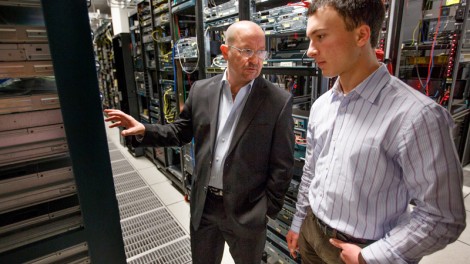Program
We live in an engineered world. Whether to develop structures, machinery, or processes that make life healthier and more fulfilling or to meet complex challenges confronting society, engineering today requires culturally attentive solutions and a wide and varied knowledge base. Social, economic, managerial, and policy environments determine what kind of problems are solved and how these solutions are put into place. The Engineering Studies program helps students prepare for such a socio-technical world.
Because our students have flexibility in choosing electives and building their path through the major, it is difficult to summarize their experiences in a singular way. But in the 50-year history of the program, that flexibility has brought 26% of our students to double major and 38% to study abroad, while providing an undergraduate experience that encourages strong campus involvement, internships, community-based work, and other means for demonstrating how to build connections between engineering and the broader world. Upon graduation, students are well prepared for a broad spectrum of careers in environmental, energy and transportation sectors, project and construction management, engineering and technology policy, engineering education and policy, tech-industry consulting, industrial and information systems management, law, architecture, finance, and many more fields.


